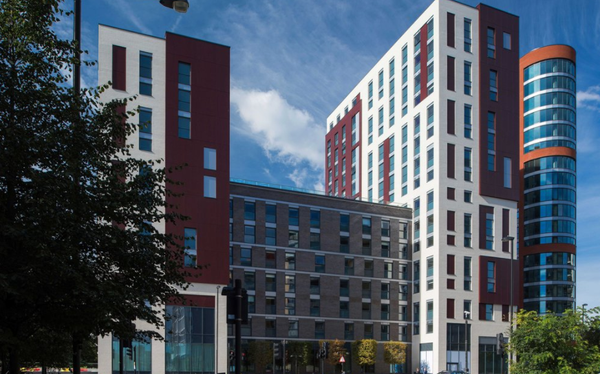Oxford Student Union continues NSS boycott
The boycott, which was successfully carried out last year, will be run again.

Oxford Student Union (OSU) has voted to boycott the National Student Survey (NSS) as part of its protest against “the increasing marketisation of our education system”.
The OSU resolved to continue its boycott of the NSS until controversial reforms to the higher education sector are withdrawn. These include the Teaching Education Framework (TEF), which links student satisfaction to the quality of teaching at universities. In 2016, the Royal Statistical Society stated “there is no reliable association” between studentsatisfaction and teaching quality.
The motion presented at the OSU student council meeting states: “The TEF does not adequately measure teaching quality.” It adds: “The NSS has been discredited as a measure of assessing teaching quality. Its results have also been proven to reflect racial and gender bias.”
"The NSS has been discredited as a measure of assessing teaching quality"
This is the second year in a row that OSU have boycotted the NSS over a continuing row about the TEF. Under original plans, NSS scores would constitute one of three metrics used to rate universities as gold, silver, or bronze institutions. Although prime minister Theresa May announced in October that tuition fees would be frozen for the upcoming academic year, there is no indication that this freeze will continue after 2018/19. This would allow universities to raise their tuition fees in line with inflation (or up to 50% of the inflation rate in the case of bronze-rated universities).
In response, the National Union of Students (NUS) led a boycott of the NSS last year, in which 25 individual student unions participated. ICU rejected a motion to join the boycott on the grounds that the motion had been submitted too late. The OSU reports that its campaign against linking the NSS and TEF reduced the University of Oxford’s response rate from 59% to 31%. This meant the results could not be used, as the minimum response rate for inclusion in NSS data is 50%. A total of twelve universities were omitted from last year’s NSS data due to low numbers of respondents. Imperial’s 2017 NSS response rate was 74%.








